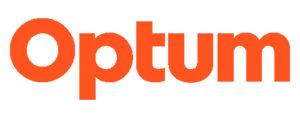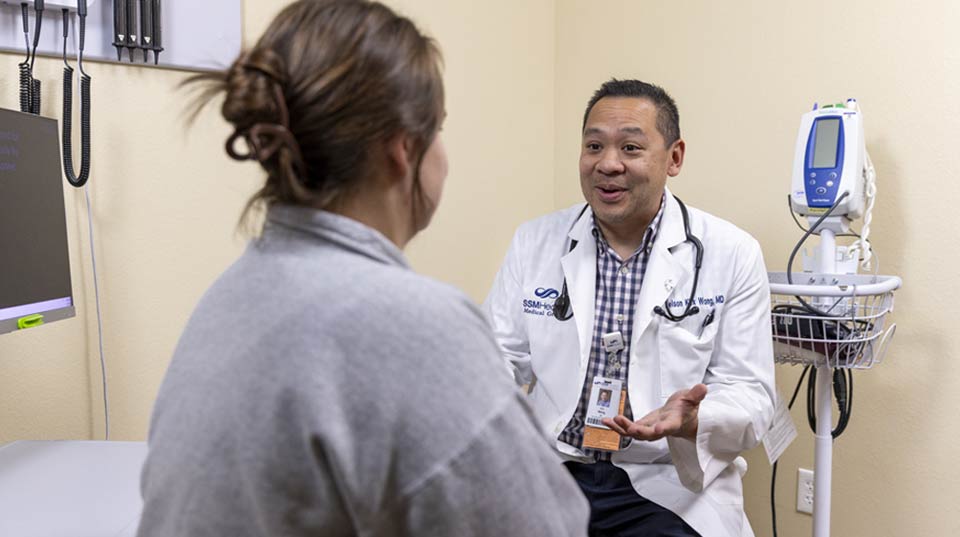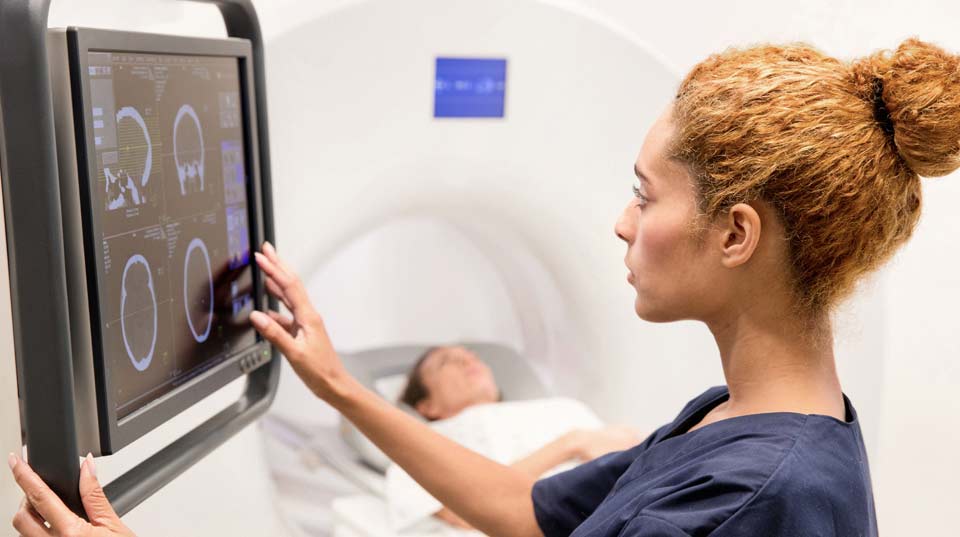
As a national network, Optum has a unique opportunity to improve health care for all. Achieving that requires transformative technology, and when it comes to tech innovation, we understand clinical insights are crucial. In an article for Harvard Medical School, Ted A. James, MD, MHCM, FACS writes, “Without the direct involvement of those on the front lines of patient care, tech solutions risk becoming overly complex or misaligned with actual needs.”
One key advantage of a for-profit health care organization like Optum is our ability to foster innovation and boost efficiency. Studies consistently show that competition in health care is linked to increased innovation and efficiency, ultimately improving patient care and outcomes. “For-profit health care proponents often point to the sector’s remarkable history of innovation. And they’re not wrong,” writes Ebrahim Barkoudah, MD, MPH, MBA in an article for Medium. “Groundbreaking technologies, medical devices, and pharmaceuticals that were once considered science fiction are now part of our everyday health regimen, thanks in large part to the investment these sectors attract.”
80% of health care providers plan to increase investment in technology and digital solutions over the next five years. Additionally, 47% cited digital as a top organizational priority and 58% plan to invest $10M+ in digital health programs by 2026. – HIMSS Future of Technology Report
Optum drives innovation and efficiency through competition to provide better care at lower costs. We cultivate the development of innovative technologies, treatments and processes that benefit patients while also attracting top talent. Investment in emerging medical technologies is also improving or supporting health care initiatives at Optum, like one of the industry’s most urgent challenges: health care workforce shortages.
In a Q&A with Dr. Garry Choi, CMO of Clinical Systems for UnitedHealth Group, the parent company of Optum, discussed how using technology, automation and clinician decision support can help us stay human-centered, reduce burnout and enable clinicians to work at the top of their licenses. Technology that improves the lives of health care professionals can boost retention by reducing frustration and preventing staff from leaving.
Optum is improving medicine management with Population360®, a clinical support tool that helps integrated care boards (ICBs), clinical pharmacists and primary care prescribers collaborate more effectively. It enables teams to assess patient risk, find cost-saving opportunities, address medication non-adherence and manage safety concerns. By providing real-time data and recommending cost-effective actions, Population360® streamlines workflows and boosts efficiency.
Additionally, Optum is leveraging data-driven technologies to advance and refine population health strategies by identifying gaps in care and developing targeted interventions for specific patient groups. Technologies place individuals at the center of a connected ecosystem, accounting for social determinants of health (SDOH) to better understand patient needs and preferences. This enables Optum physicians to empower individuals to take control of their physical, mental and financial health across diverse populations, including the elderly, people with disabilities, women with unique health care needs and LGBTQ+ individuals facing health-related discrimination and stigma.
Technology can also play a prominent role in the operating room. Optum Ventures, the venture capital arm of Optum, is participating in a $180 million funding round for Caresyntax, a data-assisted surgery platform. As a surgical copilot, Caresyntax gathers data from various sources before, during, and after surgery. This unified platform helps surgeons prepare, assists patients in understanding procedures, and streamlines workflows to reduce risks. Post-surgery, the platform supports risk assessment and personalized care, resulting in faster recovery, lower costs, and better health care delivery.
At Optum, technology has transformed many areas of health care, and the future holds more promise. We’re heading toward a more connected and efficient system where innovation continues to enhance patient care, reduce costs and drive medical breakthroughs. “The vision ahead is one where technology and human expertise harmonize like an orchestra,” says Dr. Choi, “improving not only the quality of care but also the well-being of health care professionals.”
Are you interested in technology innovation? At Optum, physicians can collaborate on technological initiatives while focusing on what matters most: the people we care for. The experience of working at Optum is also unique because of our three distinguishing employer pillars: Caring, Connecting and Growing together. Join us and help shape the future of health care technology.




